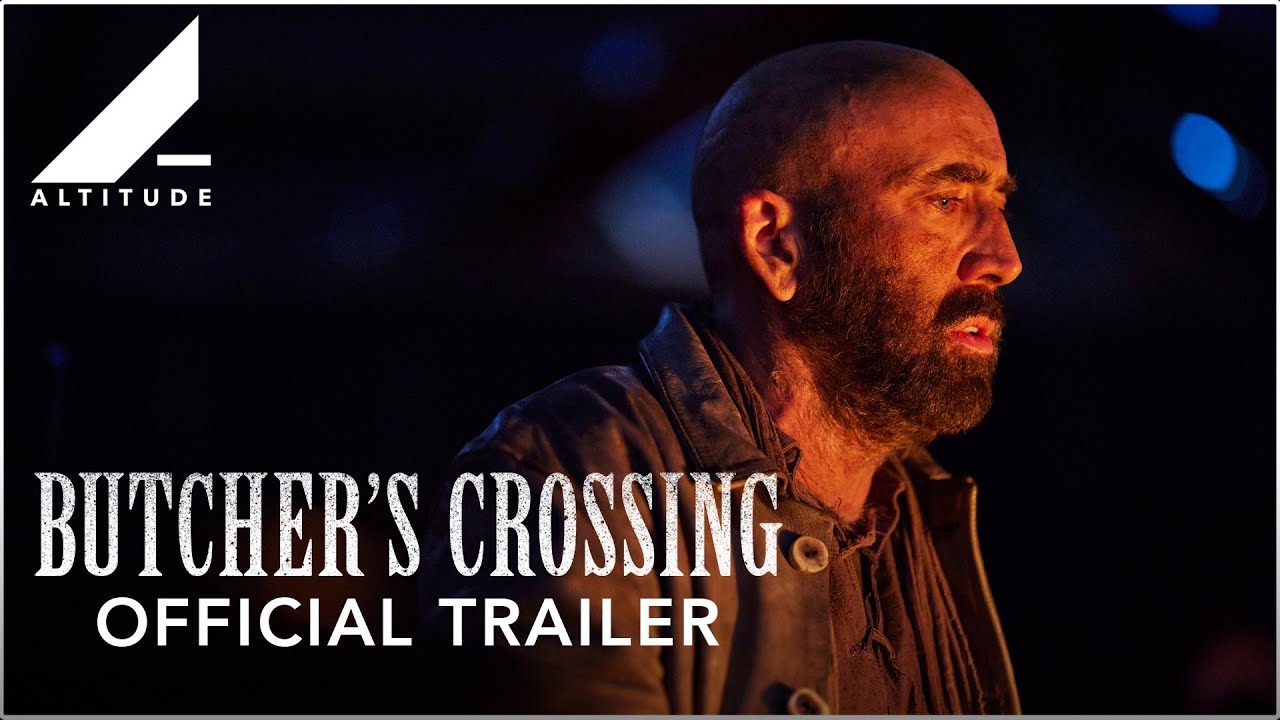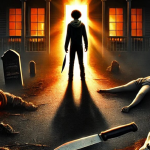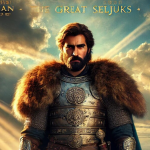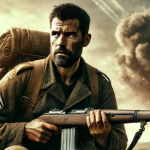𝘽𝙪𝙩𝙘𝙝𝙚𝙧𝙨 𝘾𝙧𝙤𝙨𝙨𝙞𝙣𝙜 (𝟮𝟬𝟮𝟯)
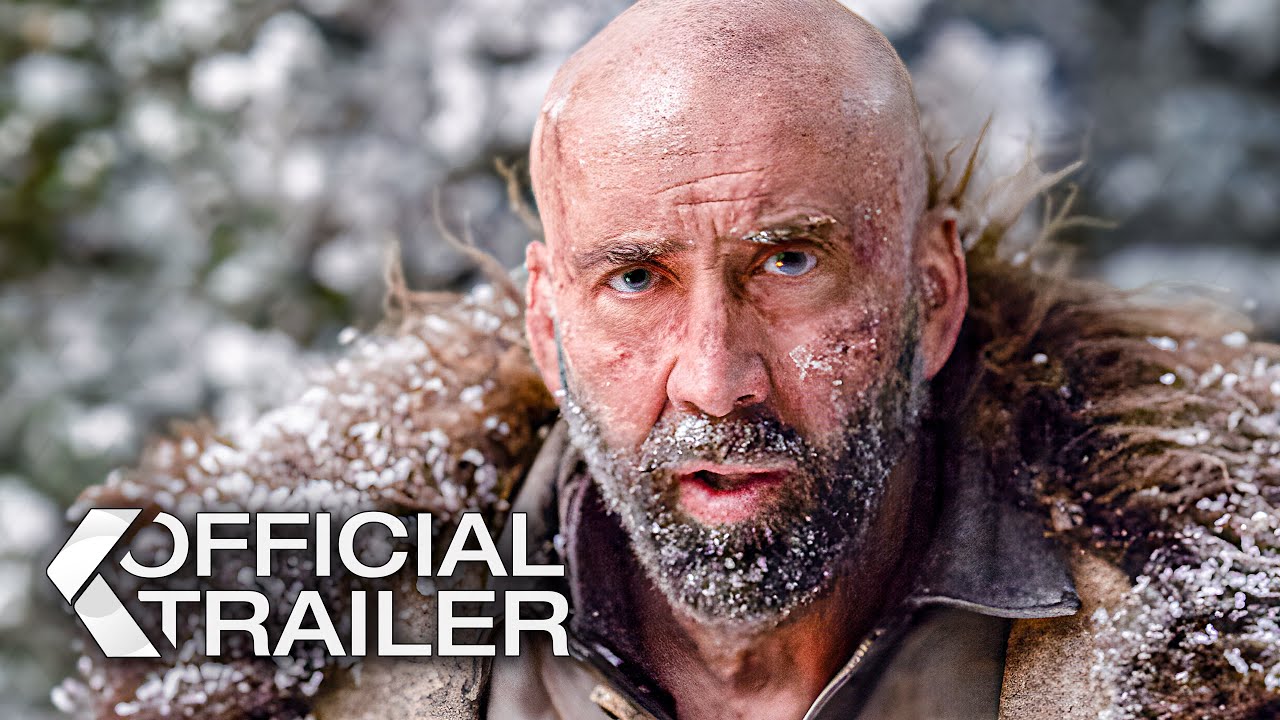
BUTCHER’S CROSSING – Official Trailer
Butchers Crossing (2023) is a gripping neo-Western drama that explores the darker side of human ambition and the devastating consequences of mankind’s desire to dominate nature. Directed by Gabe Polsky and based on John Williams’ 1960 novel of the same name, the film delves deep into the psychological and moral decay brought on by greed and isolation in the American frontier.
Plot Summary
Set in the 1870s, the story follows Will Andrews (played by Fred Hechinger), a young Harvard dropout searching for meaning in life. Drawn to the rugged wilderness of the West, he joins a buffalo hunting expedition led by the obsessive and enigmatic Miller (played by Nicolas Cage).
As the group ventures deeper into an untamed landscape, the hunt transforms into a descent into madness. Miller’s obsession with hunting every last buffalo drives the team into perilous conditions, pushing the boundaries of human endurance and moral sanity. Will’s journey of self-discovery turns into a harrowing tale of survival, as the expedition spirals into chaos.
Themes and Highlights
- Man vs. Nature
The film highlights the destructive consequences of mankind’s attempts to conquer the natural world, symbolized by the senseless slaughter of buffalo herds. The wilderness, both beautiful and unforgiving, serves as a backdrop for humanity’s hubris and vulnerability. - The Cost of Obsession
At its core, Butchers Crossing is a meditation on obsession and its devastating effects. Miller’s unrelenting pursuit of buffalo mirrors the broader greed of manifest destiny, showing how ambition can lead to ruin. - Existential Undertones
Through Will’s journey, the film grapples with existential questions about purpose, morality, and the human condition. The brutal reality of frontier life forces him to confront his ideals and beliefs. - Brutality of the Frontier
The film does not shy away from depicting the harsh realities of 19th-century frontier life. From the physical toll of the hunt to the psychological strain of isolation, it captures the raw and unforgiving nature of the era

